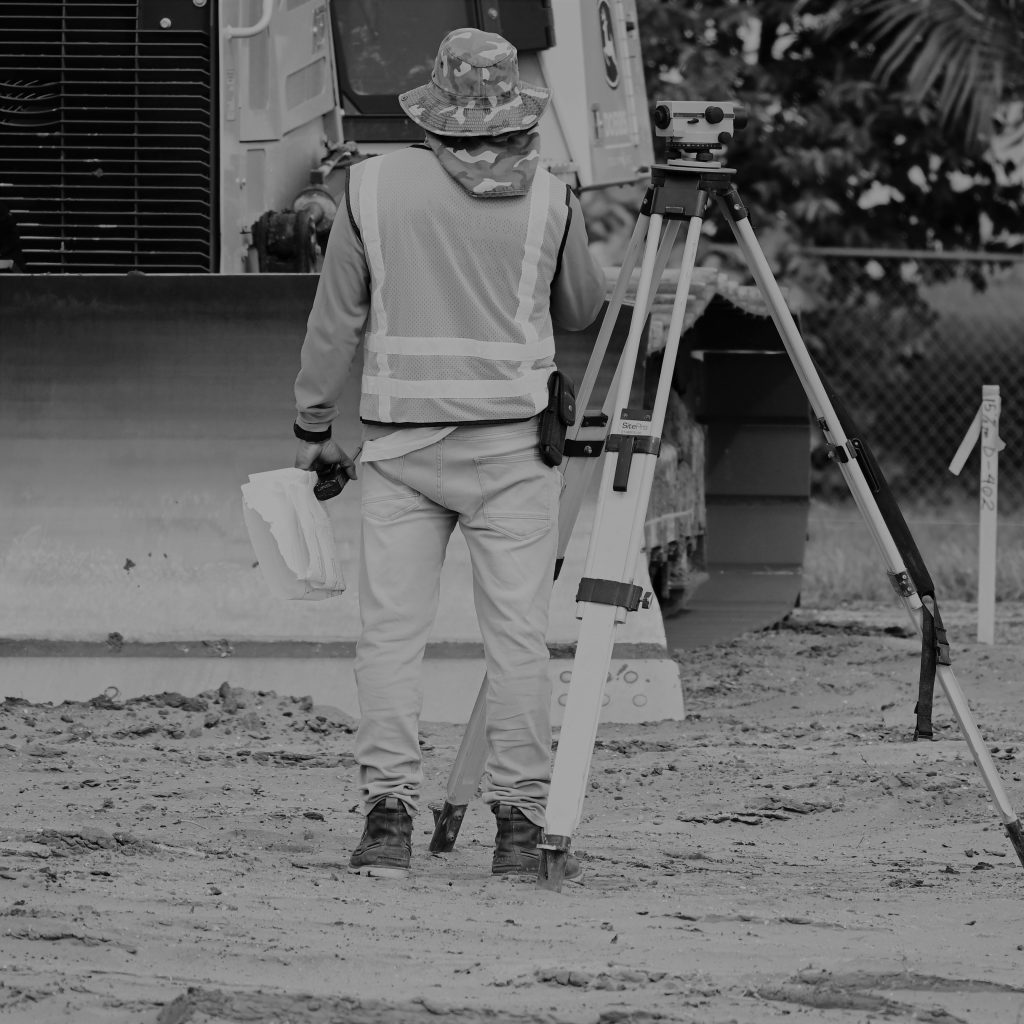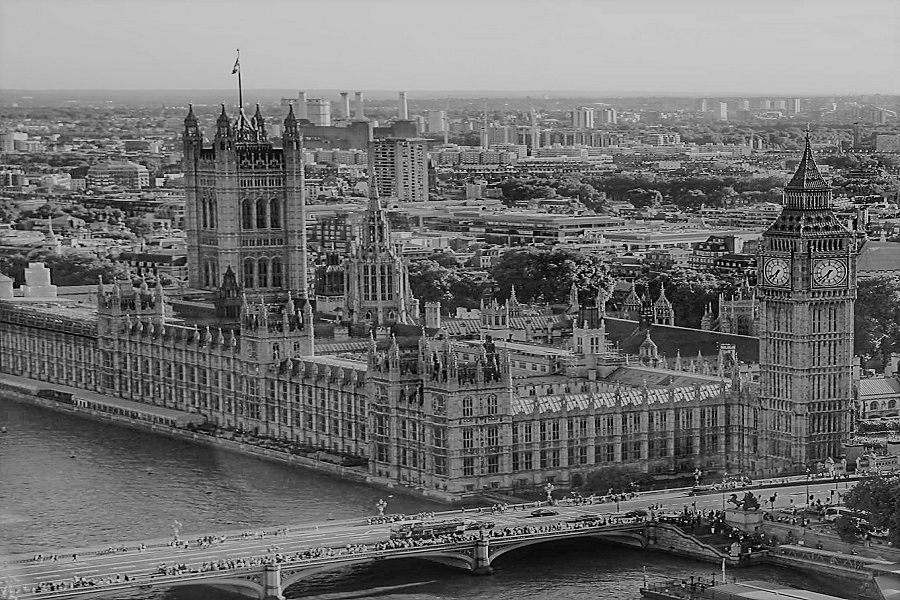“The Levelling Up and Regeneration Bill” is making its way through the legislative process and is now in the House of Lords. As one would hope from one’s government, there is a lot of good stuff in there.
There is, however, hidden in its bowels, something akin to a small nuclear device that should instil fear into every professional membership organization in the land. Clause 213 of the Bill relates specifically to the Royal Institution of Chartered Surveyors (RICS) and seeks explicit powers for the Secretary of State to investigate the work and performance of RICS. The powers that be – maybe Gove himself or another minister – are presumably not at all amused with RICS, and hence the draconian proposal.
I am not connected enough to know whether this is, as is alleged, a proportionate response to the alleged poor performance of RICS on matters of cladding, or governance or something else, but to an outsider looking in, this is an abuse of government power. Those less prone to catastrophise might argue that the likelihood of the clause being used is very low, but its existence should send a shudder down the spine of democracy. At a local level it happens to be deeply unhelpful timing for RICS who are currently hoping to appoint senior people to lift the organisation after at least two – some might say three – challenging independent reviews. Conspiracy or coincidence? Make your own judgement.

Every professional in the land should see this as one small step for government, and one giant leap toward an existential crisis for democracy as espoused by the professions in this country. I wonder whether doctors, nurses, lawyers, architects, accountants and others see a threat to their way of life in the Levelling Up Bill as I do? Every professional body in the UK will become more fragile overnight if this clause stands.
As an investor, I see the UK rule of law and democracy as a valuable asset that keeps risk premiums low and so should be protected. It would be naïve of government to allow a personal grievance (which this is alleged to be) to attack a Royal Chartered Institution with a 200-year history and 134,000 global members without realising it comes with some serious adverse consequences.
This Bill makes sense; the clause does not. One now has to hope that our democratic system, and the checks and balances brought by the House of Lords, many of whom are or were professionals, will spot the thin end of the wedge and hurl this out.







